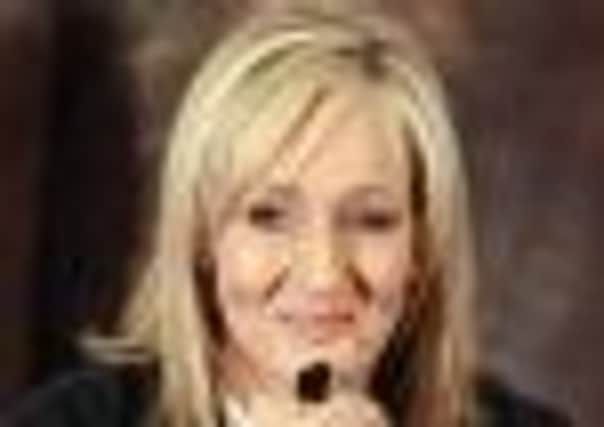Erikka Askeland: Introvert or extrovert? I’m happy with best of both


Actually shy is probably not the word for it. But I do have classic introvert tendencies despite once having been accused of being the sort of person that considers a roomful of strangers to be not reason to be anxious, but a group of potential friends.
Being from Canada, by definition, also seems to make me more likely to be considered brash by British standards, if only because I make eye contact and sometimes veer dangerously off the topic of the weather.
Advertisement
Hide AdAdvertisement
Hide AdAccording to a new book out this week, called Quiet: The Power of Introverts in a World that Can’t Stop Talking by Susan Cain, the shy retiring type is in danger of being trampled underfoot by loud, dramatic thrill-seekers. She argues that our culture is pervaded by an “extrovert ideal”, where fast talkers are considered to be smarter, and overweening confidence the requisite of an effective leader.
But it is not all bad. The flip side to her argument is that the ones blushing in the corner and minding their own business tend to be the thinkers, like Einstein, Gandhi, and even our own JK Rowling. All did rather well for themselves despite not feeling any need to launch into a rousing rendition of Sweet Transvestite from The Rocky Horror Picture Show to fill awkward moments of silence.
But it seems to me that shyness and introversion is the norm, despite the growing queues of mouthy would-be D-list celebs that form outside tryouts for reality TV programmes. More people admit to a fear of public speaking than a fear of death.
It always puzzled me as to whether or not I was an extrovert or an introvert. How is it I could I enjoy spending the day quietly reading and then go out later to indulge in some voracious mingling?
The question about personality types has long been a subject of fascination and conjecture. The Romans described extroverts as choleric, those who were ambitious and leader-like, and sanguine – pleasure seeking and sociable. Introverts were melancholic, or subdued and thoughtful, or phlegmatic, relaxed and quiet. Most zodiac systems try to do the same based on the month or year you were born.
At least the Romans had four categories, and astrologers 12, while the introvert/extrovert set up reduces this down to two. Over dinner the other night, the Man In My Life and I tried to work out which of the two modern categories we fell into. And while I suspect he tends to be more introverted than I am, we struggled work it out. He admitted he rather liked being the centre of attention, but he also said he preferred not to take risks and would rather celebrate his birthday with a small group rather than have a big party. And although my most recent birthday party would never be described as muted, I work well on my own and also enjoy my solitude.
The trouble is that the labels fall apart if put under too much scrutiny – Barack Obama could apparently be considered an introvert, but it didn’t prevent him from becoming the president of the United States. And surely the extrovert who feels no shame whatsoever is actually a psychopath?
This fascination for figuring out what we are like has spawned entire industries in personality profiling. It was the Swiss psychiatrist Carl Jung who first came up with the extrovert/introvert tags in the early 20th century, but he mixed these “attitudes” up with “functions” that created a possible 16 character types. This led to the creation of a raft of theories linked with tests that are now the tools of human resources departments across the world in the belief that you can create teams based on complementary skills and “types” in order to maximise profit.
Advertisement
Hide AdAdvertisement
Hide AdBut the trouble with people is they often don’t behave in he expected ways no matter how in-depth the test is. Yet it is fun and reassuring to try to understand what those ways are. So I took an online quiz, and it turns out that I am something called an “ambivert” which means I am a bit of both. It explains a lot.